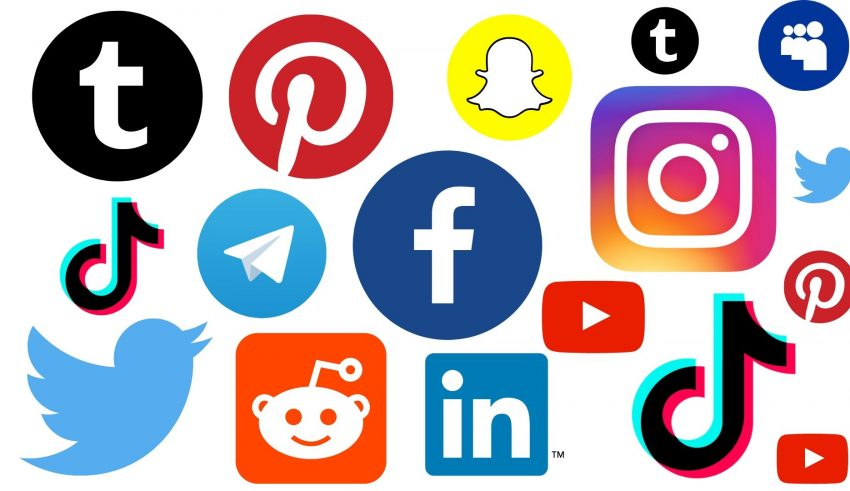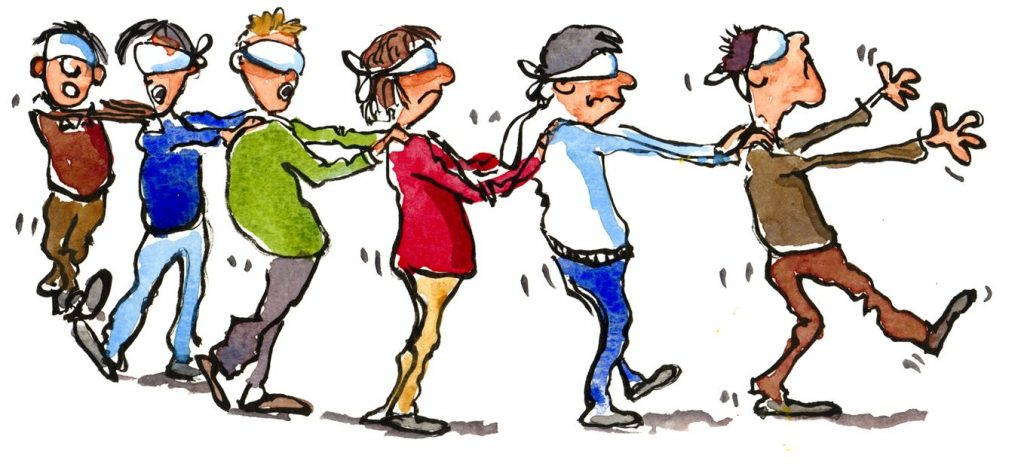There are three main types of "information disorders" that affect our everyday lives. Each are very similar with slight differences in the intent of the false information.
The first one to focus on is disinformation which is false information intended to mislead usually used to cause harm to a rival party. Misinformation is also false information but usually caused by getting the facts wrong or making an honest mistake. Misinformation has no intent to cause harm. Malinformation is information that is based on something true but is said in a way that is intended to cause harm.
Actually, if you go back to the election of 1800 between Adams and Jefferson, you would see that disinformation was a major tool used throughout this election. John adams actually released a claim that if Jefferson won this election that men would see their daughters and wives become prostitutes and a lot of horrible crimes like murder and rape would become a regular in society. But Jefferson was innocent either - he made claims that John Adams was a warmonger, a liar and much more.
Around the same time as this election, Yellow Journalism was used to attract readers by using disinformation to sensationalize the news by using flashy headlines and stories that were not true.
Flash forward to the 1980's, television news stations began realizing that opinion-based reporting received better reviews and made more money. To this day, as we know, TV news stations still do this. They say anything their audience wants to hear in order to keep ratings and views up.
In this day in age, fake news and disinformation looks much different. Social media makes it extremely easy for this false information to be spread. Social media platforms pass on disinformation faster than any other source of news.
So, why are humans so susceptible to this false information? Cognitive biases take the blame for this. A cognitive bias is a mental shortcut that makes it easier to come to conclusions in our everyday lives. Although using these shortcuts seem like the correct path to take, it often leads to belief in fake news.
The first cognitive bias that we all use is relying on the headline or attention getting signals in an article rather than educating ourselves. An example of this is a social experiment done by National Public Radio where they created a post with the headlines “Why Doesn’t America Read Anymore?” which if the article was read it was known to be a joke, but still many readers commented and shared this post clearly not having read the article.

The bandwagon effect is a cognitive bias that occurs when a lot of people agree with something which makes people more likely to support it as well. If a post has a lot of shares or likes, you are more likely to agree with it rather than actually agreeing with the content within the post.
Finally, political party involvement greatly affects your cognitive bias. Tons of research has been done to prove that based on your political status, you will reject news that is inconsistent with those views without doing any further research.
We all lived through the time of COVID-19 and most likely recall being told a lot of fakes news about this virus. For example, that the virus was created by US government or Chinese Government. It was actually shown that political party involvement had a lot to do with the belief in this fake information as more conservative news channel viewers agreed with false facts. This is a modern example of how our cognitive biases affect our decision making.
It is very worrying to know that even after disinformation has been debunked, is still sticks around for a very long time. It is important that we all do our own research and understand things completely before believing the first thing we see. Being well educated allows you to fight back against disinformation.










No comments:
Post a Comment